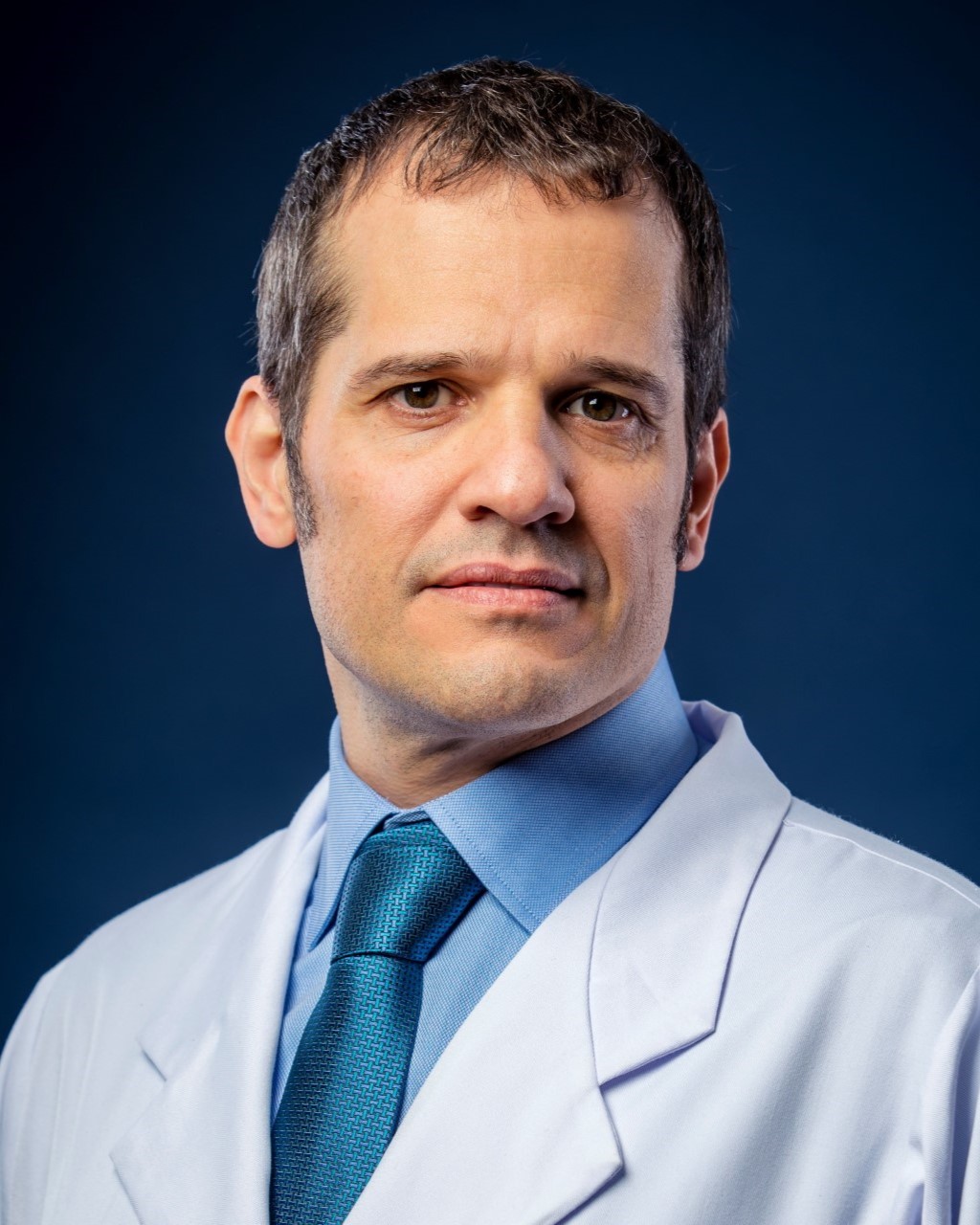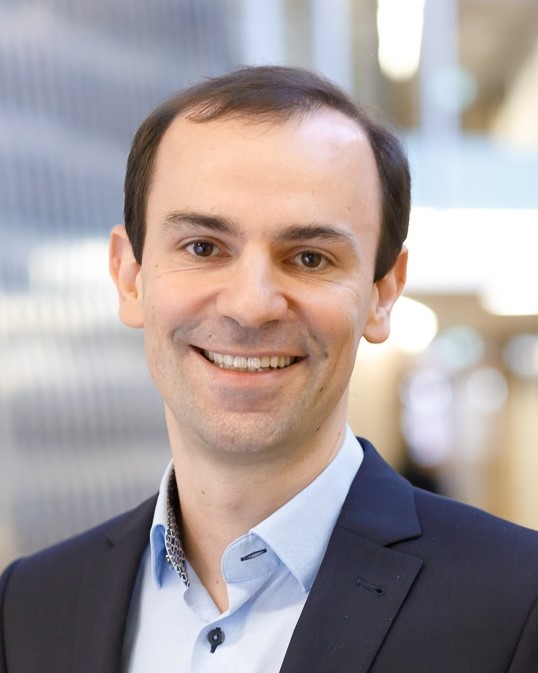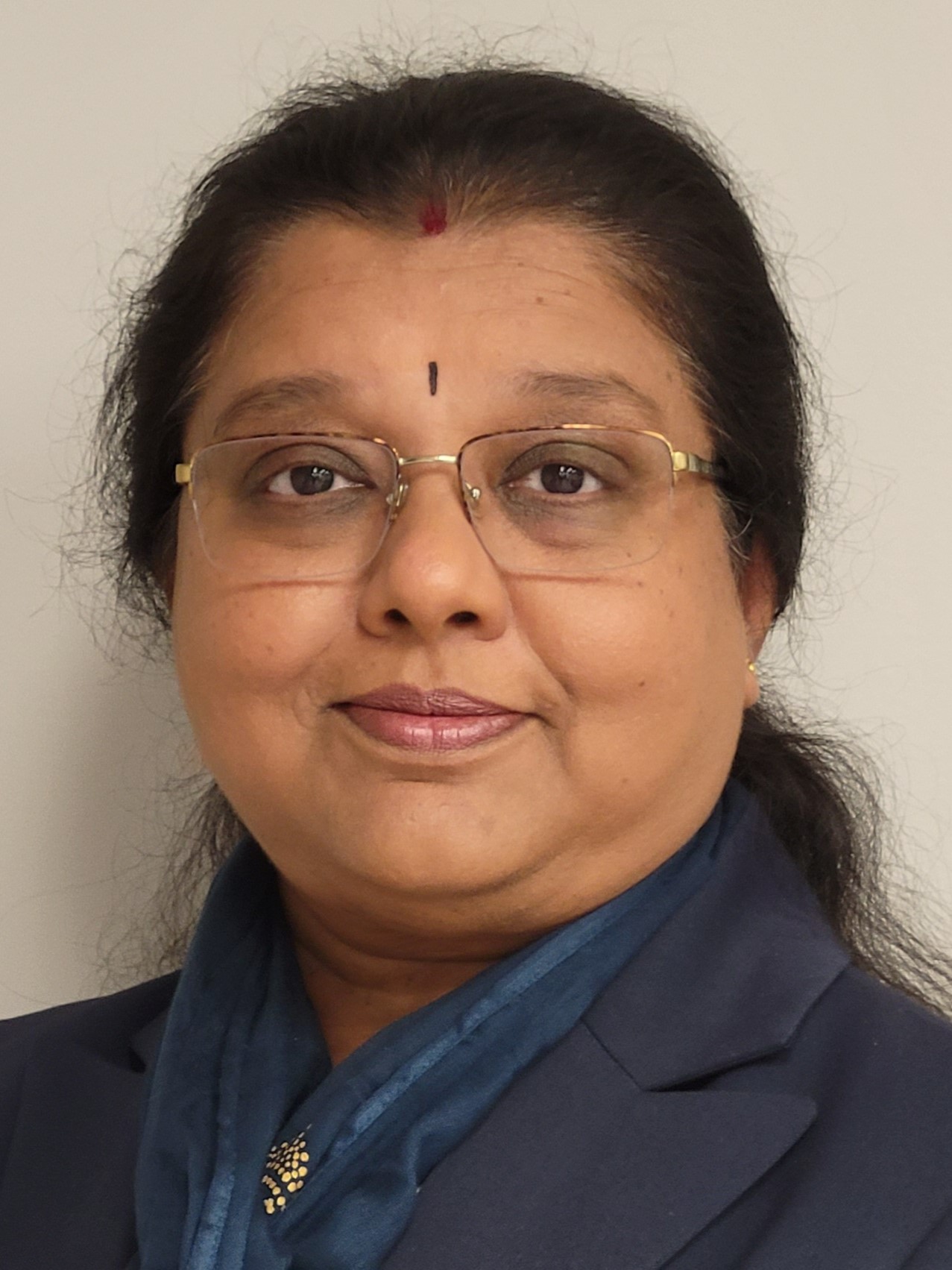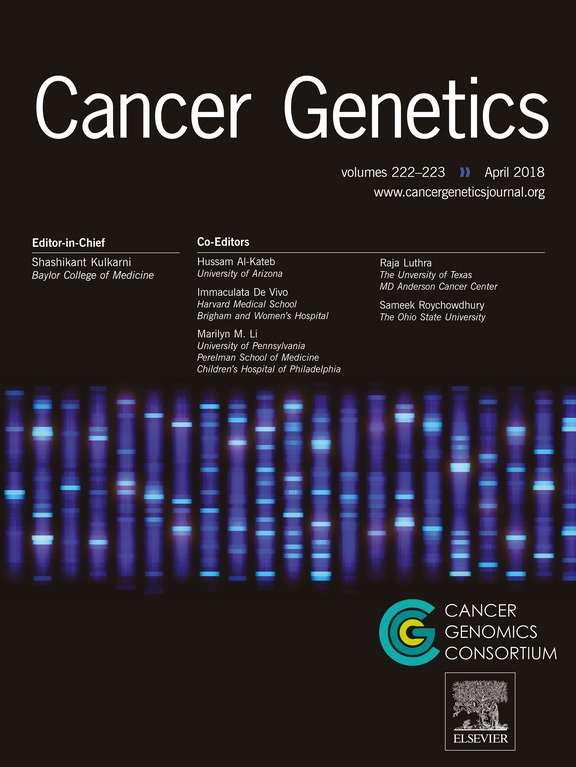CGC 2023 Webinars
Building on the remarkable success of our pilot webinars, the CGC is continuing the webinar series sponsored by the Cancer Genomics Consortium and the University of Wisconsin Collaborative Genomics Conference. These lecture series focus on topics of high interest for CGC members and attendees of the UW Collaborative Genomic Conference, including implementation of new technologies in clinical genetic/genomic testing, standards and resources for interpretation of sequence and copy number variants, germline predisposition to cancer and novel approaches for detection of structural variants in constitutional and cancer samples. The CGC is currently accepting cases for the 2023 Case Conference Series.
The CGC also plans to present additional seminars on special topics throughout the year. Please look for information both on this page and in emails for these opportunities.
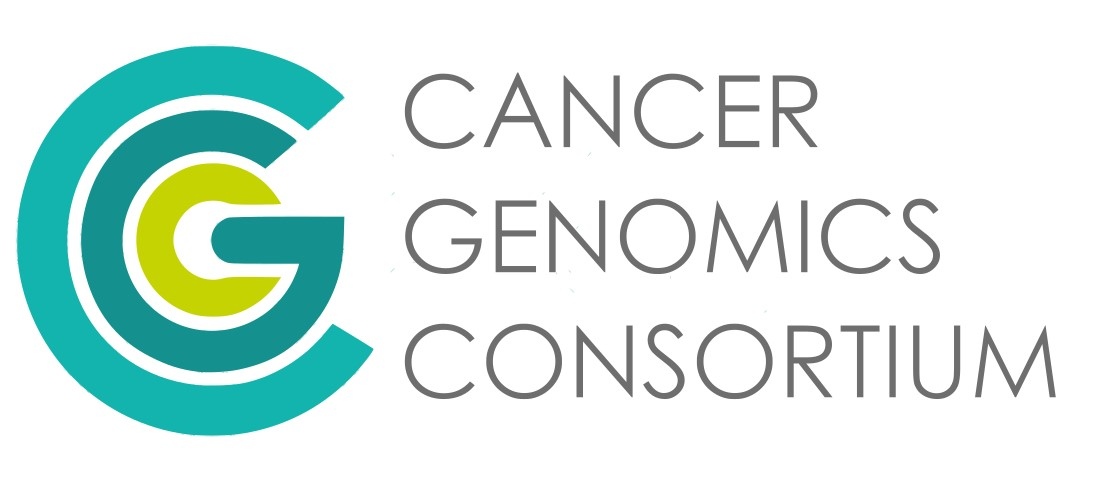
November 2023 CGC Webinar:
Real world classification of variants in cancer using the ClinGen/CGC/VICC Oncogenicity recommendations
Thursday, November 30, 2023 | 9:00 AM PST / 12:00 PM EST
Paulo Campregher, MD, PhD
Peter Horak, MD, PhD
Join Paulo Campregher, MD, PhD and Peter Horak, MD, PhD as they present the SOP for the classification of oncogenicity of somatic variants to improve consistency in somatic variant classification and demonstrate its use on a few cases with challenging aspects.
Session Abstract:
ClinGen Somatic Cancer Clinical Domain Working Group and ClinGen Germline/Somatic Variant Subcommittee, CGC, and the VICC developed a standard operating procedure for the classification of oncogenicity of somatic variants to improve consistency in somatic variant classification. The SOP has been validated on 94 somatic variants in 10 common cancer-related genes.
Objectives:
At the end of the session, the participant will be able to:
- Describe the objectives of the ClinGen/CGC/VICC Oncogenicity SOP
- Discuss the value of laboratory agreement for the same alterations
- Differentiate oncogenicity of a variant from clinical interpretation
- Develop a laboratory-specific protocol for reporting variant oncogenicity
CGC members are eligible to receive P.A.C.E. Continuing Education credit for attending this webinar.
To become a member or learn more about the benefits of CGC membership, CLICK HERE.

CGC Early Career Webinar:
Seeking mentorship geared towards a successful career in work and lab environments
Tuesday, September 19, 2023 | 9:00 AM PDT / 12:00 PM EDT
The CGC Early Career Initiative invites members of the genomics community who are in training or recently out of training to view a panel discussion on how to make the most of a mentorship in professional and diagnostic/clinical space. Our expert panelists will provide insight into roles and responsibilities of a successful mentee by addressing these four areas:
- Different types of mentorships available in professional environments
- Responsibilities of an effective and proactive mentee
- Qualities mentors seek in mentees
- How to build from criticism, constructive and otherwise
Discussion will be followed by an open Q & A with the attendees. Please join us to learn how to be an effective mentee and make the most of a mentorship in your early career.
Tracy Costello, PhD
Honey Reddi, PhD
Lisa J. Tomlin, MEd, PhD

September 2023 CGC Webinar:
Recommendations for Interpretation of Low Penetrance Variants and Risk Alleles
Tuesday, September 5, 2023 | 10:00 AM PDT / 1:00 PM EDT
Matthew S. Lebo, PhD
Ryan Schmidt, MD, PhD
Join the co-chairs of the ClinGen Low-Penetrance / Risk Allele Work Group, Matthew S. Lebo and Ryan Schmidt, for a discussion about the challenges surrounding the interpretation of variants at the low end of the penetrance spectrum and recommendations to improve harmonization across the molecular diagnostic community.
Session Abstract:
Unique challenges surround the interpretation of variants at the low end of the penetrance spectrum. Classification of these variants frequently conflicts between laboratories as these variants may be associated with genetic and experimental evidence that would support a benign classification for high penetrance variants. Additionally, the reporting practices and terminology usage surrounding low penetrance variants and risk alleles vary among molecular diagnostic laboratories. Our work identifies challenges with the interpretation of variants at the low end of the penetrance spectrum and provides recommendations to improve harmonization across the molecular diagnostic community.
Objectives:
At the end of the session, the participant will be able to:
- Describe the objectives of the ClinGen Low Penetrance/Risk Allele Working Group
- Discuss the value of laboratory agreement for the same alterations
- Differentiate pathogenicity of a variant from clinical interpretation
- Develop protocol for reporting penetrance information
CGC members are eligible to receive P.A.C.E. Continuing Education credit for attending this webinar.
To become a member or learn more about the benefits of CGC membership, CLICK HERE.

February 2023 CGC Webinar:
CGC 2022 Annual Meeting Poster Winners
Tuesday, February 21, 2023
Copy number alterations are commonly seen in childhood brain tumors and may help predict survival
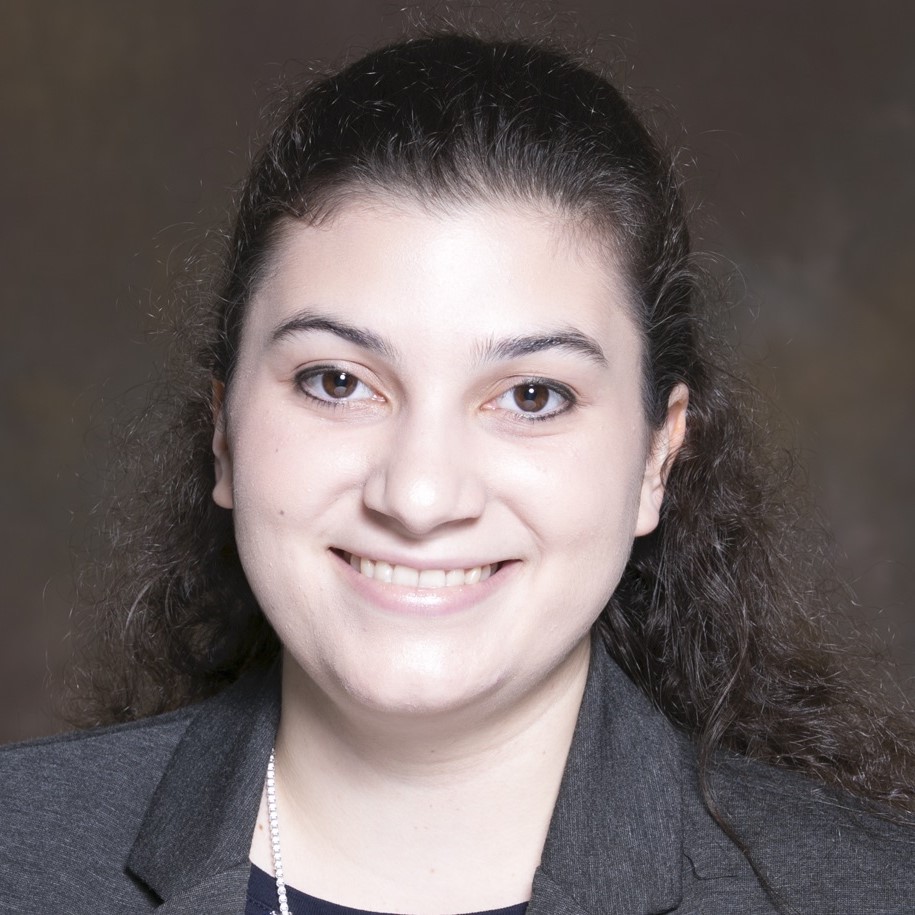
Single-cell RNA sequencing and co-occurring cellular state analysis of high-grade serous ovarian cancer

ABSTRACT: Brain and central nervous system tumors are the most common form of solid tumor cancers and the second most common cancer overall among children. Although advances have been made in understanding the genomics of childhood brain tumors, the role of copy number alterations (CNAs) has not been fully characterized. While genomes of childhood brain tumor patients are generally considered to be relatively stable diploid genomes, analysis of a subset of pretreatment diagnostic samples from a cohort of 84 deceased patients with a variety of brain cancer diagnoses from Washington University revealed widespread alterations, suggesting CNAs may play a larger role in childhood brain tumors than originally thought.
Low-pass whole genome sequencing of these samples showed that 75 out 84 patients had detectable presence of CNAs (Percentage genome altered (total altered bp/3.2?10^9 bp)?100%: mean 16%, median 7%, range 0-50%). Preliminary results examining correlations between the percentage of the genome that was copy number altered and event free or overall survival indicated that CNA percentage may have prognostic value.
To explore these results further, 200 additional samples from the Pediatric Brain Tumor Atlas curated by The Children’s Brain Tumor Network were analyzed, revealing similar trends in copy number alteration. Additionally, alterations that were recurrently detected across samples were identified and similar analyses were performed to determine whether certain alterations or patterns of alteration could be predictive of event free or overall survival. 219 alterations were identified as significantly recurrently mutated and of these, 22 alterations were associated with changes in overall survival.
ABSTRACT: High-grade serous carcinoma (HGSC) is the most lethal subtype of ovarian cancer, and a majority of patients are diagnosed at advanced stages. One standard-of-care is neoadjuvant chemotherapy followed by cytoreductive surgery, however up to 80% of HGSC patients develop recurrent disease. There exists a critical need to better understand the features of this tumor microenvironment that may highlight potential therapeutic targets, help stratify chemotherapy responders from non-responders, and uncover novel cell states that may serve as prognostic or predictive biomarkers.
We obtained multiple biopsies from five patients with advanced-stage HGSC, both pre- and post-treatment, and analyzed these samples using single-cell RNAseq. We identified 20 distinct transcriptional clusters of cells, including a well-defined tumor subset enriched for EPCAM and KRT8. We annotated each cluster using known marker genes, and additionally validated these data through genome-wide copy number and developmental maturity analyses.
We then performed transcriptome deconvolution to identify co-occurring transcriptional states using EcoTyper. We then performed bulk RNAseq on paired pre- and post-treatment tumor biopsies from 23 HGSC patients. Applying our fingerprints of ecotypes from the scRNA-seq data, we identified multiple distinct transcriptional states within the pre- and post-treatment HGSC tumor microenvironment, which were enriched for distinct co-occurring states comprised of multiple immunologic lineages, including CD4 T and NK cell states. We plan to validate these ecotypes using spatial transcriptomics and compare clinical outcomes across transcriptional states to determine the potential prognostic or predictive implications of our discoveries.

January 2023 CGC Webinar:
CGC 2022 Annual Meeting Poster Winners
Tuesday, January 17, 2023
Cell-type-specific genotypic interpretation in the human breast

Standardized assessment of Oncogenicity and clinical significance of NTRK fusions

ABSTRACT: Understanding the interplay between genetic and epigenetic states is fundamental to the study of development and mechanisms of disease. Most studies that have explored this interplay have leveraged population-scale genotype surveys to associate genetic polymorphisms with epigenetic states in whole blood or other heterogenous tissue types. However, epigenetic states are cell-type specific, raising the possibly of cell-type-specific genetic/epigenetic relationships that could drive specific functional states and disease predisposition.
To address this question, I analyzed enriched regions for six histone modifications across four functionally distinct human breast cell types from eight phenotypically normal women to identify genetic variants that influence cell-type-specific epigenetic states. I define the incidence by cell-type and histone mark of these interactions across breast cell types, terming them cis histone binary trait loci, or cis-hBTLs, and prioritize them through interrogation of matched gene expression datasets.
Variants were prioritized based on altered expression of associated genes and these were found to be enriched in genes and long noncoding RNAs implicated in breast carcinogenesis. A subset of these variants was then validated in epithelial breast cell lines. My analysis thus suggests that genotype is variably interpreted across functionally distinct breast cell subtypes and that this variation may have implications for understanding genetic influences on breast cancer initiation and progression.
ABSTRACT: Gene fusions involving the neurotrophic receptor tyrosine kinase genes (NTRK1, NTRK2, and NTRK3) are well established oncogenic drivers in a broad range of pediatric and adult tumors, and important diagnostic and therapeutic markers predicting response to FDA approved kinase inhibitors. Accurate interpretation of the clinical significance of NTRK-fusions is a high priority for diagnostic laboratories, but remains challenging and time consuming given the rapid pace of new data accumulation, the diversity of fusion partners and tumor types, and heterogeneous and incomplete information in variant knowledgebases.
The ClinGen NTRK-Fusions Somatic Cancer Variant Curation Expert Panel (SC-VCEP) was formed to systematically address these challenges and create a resource of high-quality clinically significant assertions in the CIViC knowledgebase to support clinicians, researchers, patients and their families in making accurate interpretations and informed treatment decisions for NTRK-fusion driven tumors. As the first ClinGen VCEP formed to focus on somatic alterations, our group of researchers and clinicians has pioneered an evidence-based classification system for assessing oncogenicity and functional validity of NTRK-fusions (Oncogenic, Likely oncogenic, Unknown significance, and Benign) through the compilation of key fusion element annotations (e.g., fusion transcript structure, cancer association, and clinical validity).
Additionally, the NTRK-Fusions SC-VCEP has developed specifications of AMP/ASCO/CAP rules to determine the diagnostic, prognostic and predictive significance of NTRK-fusions. Finally, detailed aggregation and analysis of NTRK-fusions represented in public fusion databases has allowed us to determine gaps and prioritize curation activities to efficiently and comprehensively curate NTRK-fusion clinical evidence, apply interpretation rules, and create high-quality publicly available clinical interpretations.
1. Register for the Zoom Webinar at: Registration for next CGC webinar coming soon!
2. Once you have registered, you will receive a confirmation e-mail with the Zoom link for the day of the webinar.
3. On the day of the webinar, click on the link in the registration e-mail to join the webinar.

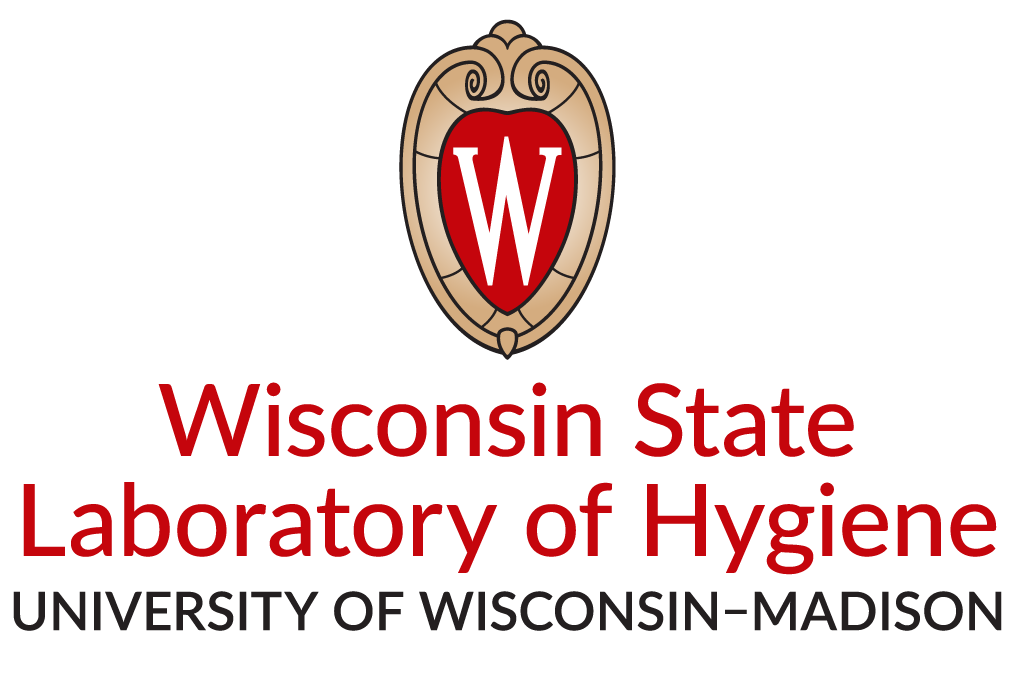
CGC Genomic Case Series sponsored by the Cancer Genomics Consortium
and the University of Wisconsin Collaborative Genomics Conference
Submit a Case for a Future Case Conference Webinar
The CGC Education committee is excited to announce a monthly case conference series offered in collaboration with the UW Collaborative Genomics Conference.
These conferences will allow CGC members to: showcase their interesting and educational cases, promote their clinical and research work, consult with colleagues about challenging test results, earn CE credits at no charge through the University of Wisconsin–Madison Interprofessional Continuing Education Partnership (ICEP), and identify collaborators with similar cases and shared clinical or research interests.
Additional benefits for trainees include winning the ’Best Case Presentation‘ award and the option to submit a case report for publication in the Cancer Genetics journal.

